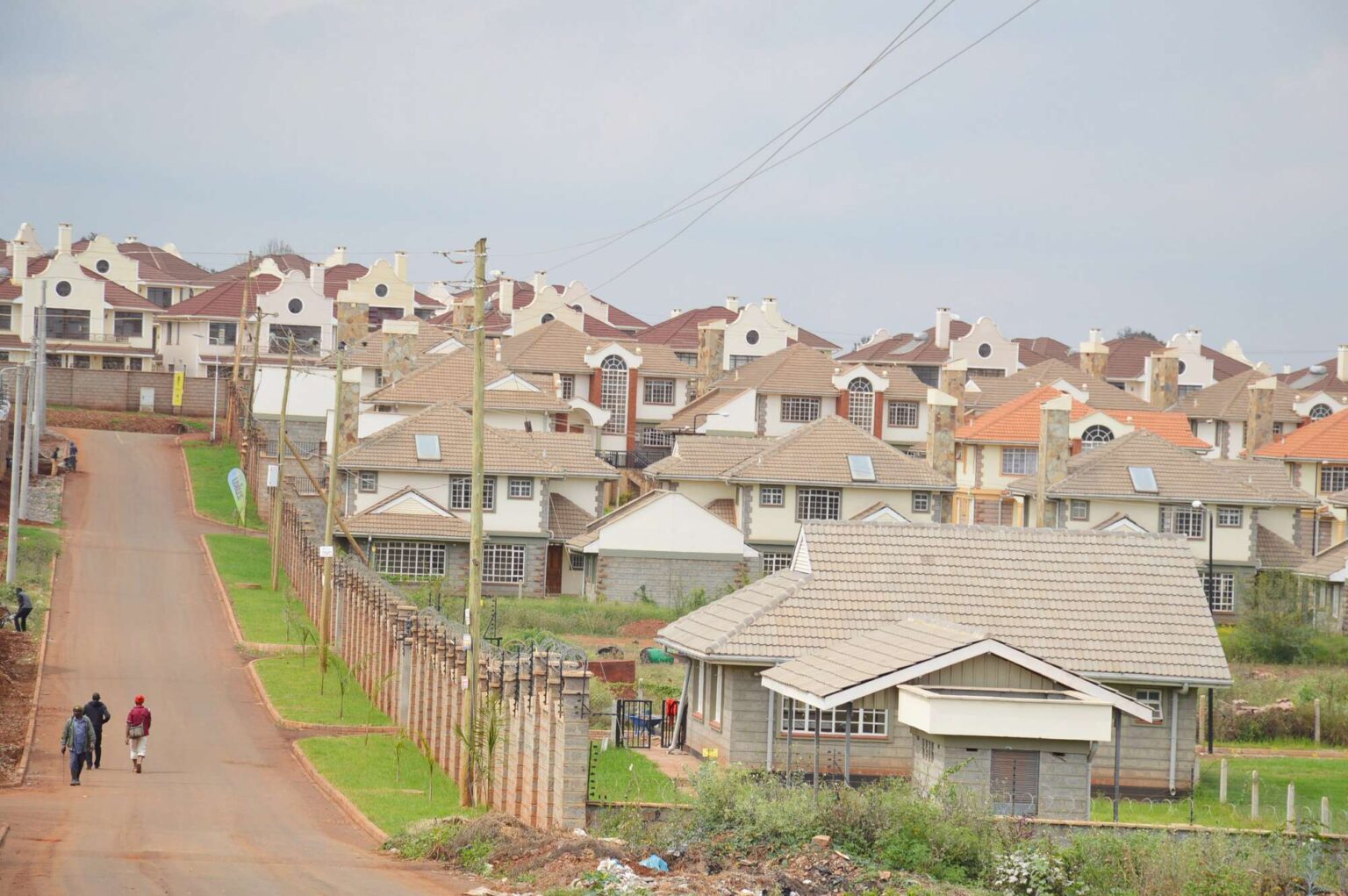- Developers targeting Kenya’s wealthy are now pricing the units in foreign currencies such as the US dollar.
- The continued upward trend in prime residential rents can be partly attributed to the appreciation of the dollar against the Kenyan shilling.
- Real estate investors are mitigating the emerging risks by deploying their capital in projects that have dollar-denominated returns where possible and in green-rated building.
High-end real estate developers targeting Kenya’s wealthy are now pricing the units in foreign currencies such as the US dollar to cushion them from losses that the devaluation of the Kenyan shilling may occasion.
New revelations contained in a report by property tracker and real estate management firm Knight Frank show that the trend gained traction in the second half of 2023 as foreigners residing and working in Kenya continued playing a pivotal role in driving the country’s upscale real estate market.
Despite economic headwinds, the prime residential sector, which caters to diplomats and high-net-worth individuals, has demonstrated resilience, showing a 2.45 per cent improvement in sales over the past year.
Factors such as a depreciation of the Kenyan Shilling, regulatory hurdles, economic conditions, inflation, and discrepancies in buyer-seller valuations have led to longer sales cycles and completion times in this segment.
Expatriates and high-net-worth individuals, including ambassadors, are identified as key drivers of Kenya’s prime residential market.
Mark Dunford, the CEO of Knight Frank Kenya, noted that residential rental market segment targeting Kenya’s wealthy has continued its upward trajectory, witnessing a yearly appreciation of 5.85 per cent until the conclusion of 2023.
“Despite facing unprecedented challenges, the real estate market in Kenya has displayed resilience and adaptability, setting the stage for sustained growth,” said Dunford.
Average rents paid by Kenya’s wealthy
During the period under review, the market contended with a depreciating Kenyan shilling and elevated lending rates set by the Central Bank of Kenya.
Prime monthly rents for three-bedroom apartments vary between $ 878.43 (Sh140,000) and $ 1,380.39 (Sh220,000), while four- and five-bedroom houses typically range from $1,882.35 (Sh300,000) to $ 3,137.25 (Sh500,000), depending on location and exclusivity.
Although there was a modest 0.3 per cent appreciation in the prime residential sales market over the review period, this rate has declined compared to the 4.14 per cent annual appreciation observed in 2022.
Factors contributing to this marginal appreciation include depreciation of Kenyan shilling and a stable business environment post-election.
The continued upward trend in prime residential rents can be attributed to the appreciation of the dollar against the Kenyan shilling, resulting in increased disposable income for Kenya’s wealthy, and expatriates, thereby heightening demand.
Moreover, the scarcity of prime residential properties has empowered landlords to command higher rents.
Challenging economic conditions have led to a slowdown in the residential sales market, with delayed sale agreements exacerbated by prolonged processes in the Ministry of Lands, Housing, and Urban Development.
Currency depreciation of the Kenyan shilling has also impacted property valuations, causing buyers to perceive quoted prices as inflated, further prolonging sales.
Read also: How to Succeed in Real Estate Investment in Kenya: A Comprehensive Guide
To hedge against the depreciating local currency, sellers are increasingly listing properties in major global currencies such as the USD, Euro, or the British Pound. Accepting payments in these currencies allows sellers to secure more favourable deals, mitigating potential losses caused by the weakening purchasing power of the Kenyan shilling.
Given the exclusivity of the prime residential market and its resilience to market shocks, the report anticipates continued vibrancy and strong performance in this sector.
Investment diversification
Property investors in Africa, mostly private equity firms and high-networth investors are diversifying their portfolio into dollar-denominated return projects and green buildings to cushion against potential losses from the plummeting currencies in the continent.
Rising political and environmental risks in the continent, rising interest rates in the US and the rising risk premiums associated with the Russian invasion of Ukraine and the latest Middle East conflict have placed downward pressure on exchange rates across the continent, according to a new report.
Real estate investors are mitigating the emerging risks by deploying their capital in projects that have dollar-denominated returns where possible and in green-rated building.
